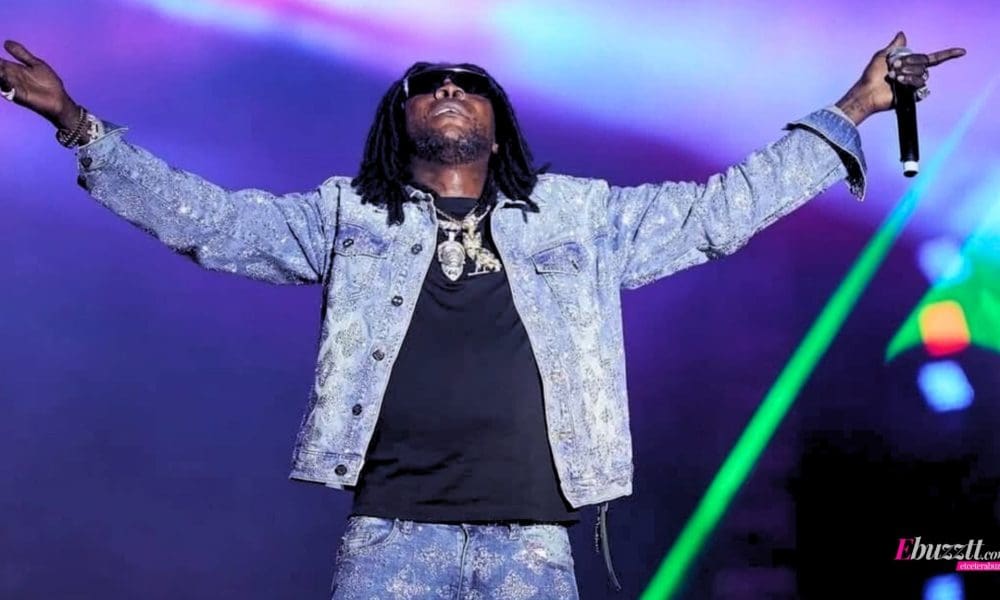Global Black Voices: News from around the World
Jamaican dancehall icon Vybz Kartel has sparked a wave of controversy in Guyana ahead of his upcoming performance at the highly anticipated Baderation concert on Saturday, May 24. The uproar centers around his track Good Like Jesus, which the Ethnic Relations Commission (ERC) has slammed as “blasphemous and deeply offensive.”
In a strongly worded statement released Wednesday, the ERC called for the song to be banned from airplay and public performance in Guyana. The commission claims the lyrics, which include explicit references to female anatomy and religious imagery, are “profoundly disrespectful to Christian religious sensibilities.”
The ERC expressed concern over what it sees as a direct affront to the Christian faith, particularly to depictions of Jesus Christ, a figure central to the beliefs of many Guyanese. “Such content undermines the values of reverence, respect, and harmony that underpin Guyana’s multicultural society,” the statement read.
As Kartel’s performance draws near, it’s unclear whether the backlash will impact the show or spark wider protests. Still, the controversy has thrust the outspoken artist—and his provocative lyrics—back into the spotlight. In Trinidad and Tobago last week, there was social uproar after news emerged that the artiste would be restricted from specific interviews and additions to his itinerary which included meeting with community leaders, ahead of a May 31st appearance at the Queen’s Park Savannah. The public outrage was further exacerbated when a media release outlined measures being considered by the Minister of Defense, Wayne Sturge, which highlighted that due to mounting public concern surrounding Vybz Kartel’s lyrical content, entry to the event may be restricted to those 18-years-old and over. Additionally, the media release also referenced the single highlighted by Guyana’s Ethnic Relations Commission, noting that performance of that song, also faces the possibility of performance restriction.
Minister Sturge said the decision-making process involved balancing the artiste’s right to freedom of expression with national security concerns, the public interest, and the protection of children.
Read the full story from the original publication


